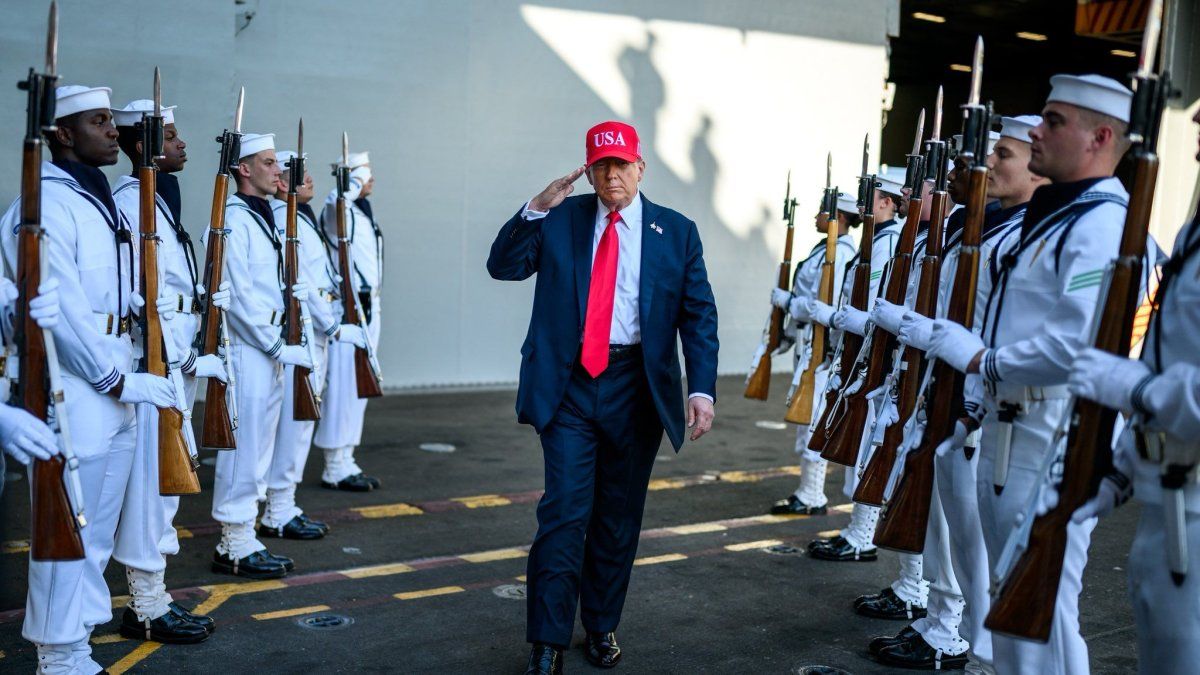A former Federal Office for the Protection of the Constitution is said to have been traveling in Vienna on behalf of Russia. That’s why the fuss surrounding the right-wing FPÖ is getting bigger. An appearance by FPÖ leader Kickl is imminent.
In Austria, the Greens want to examine the role of the right-wing FPÖ in Russia’s influence on the Alpine republic in another investigative committee.
Such a committee is urgently needed because Russia has infiltrated the highest intelligence and security services in the country, said Green Party MP Meri Disoski, referring to the arrest of a former Austrian Federal Office for the Protection of the Constitution who is said to be close to the FPÖ. He is suspected of accessing government databases on behalf of Russia. The ex-official is in custody on suspicion of espionage. The FPÖ is a “threat to our democracy,” said Disoski.
FPÖ leader Herbert Kickl is called as a witness on Thursday in one of the two current parliamentary investigative committees. The parliamentarians are hoping that, as a former interior minister, he will provide information about, among other things, whether the FPÖ has now terminated its friendship agreement with Russian President Vladimir Putin’s party “United Russia”.
Own espionage sub-committee can only be set up by the new parliament
Austria’s Prime Minister Karl Nehammer (ÖVP) convened the National Security Council on Tuesday evening to discuss the security situation with a view to the latest arrest. In addition to members of the coalition made up of the conservative ÖVP and the Greens, the committee includes high-ranking security officials and representatives from all parliamentary parties.
According to broadcaster ORF, the liberal, opposition Neos are calling for an early revision of the Austrian security strategy, especially since the current version from 2013 still describes Russia as an “essential and strategic partner”.
There will be elections in Austria in the fall. A separate espionage investigation committee would therefore only be able to be set up by the new parliament. In surveys, the FPÖ leads with around 27 percent of the vote, while the conservative ÖVP and social democratic SPÖ currently have around 21 percent each.
Source: Stern
I have been working in the news industry for over 6 years, first as a reporter and now as an editor. I have covered politics extensively, and my work has appeared in major newspapers and online news outlets around the world. In addition to my writing, I also contribute regularly to 24 Hours World.




